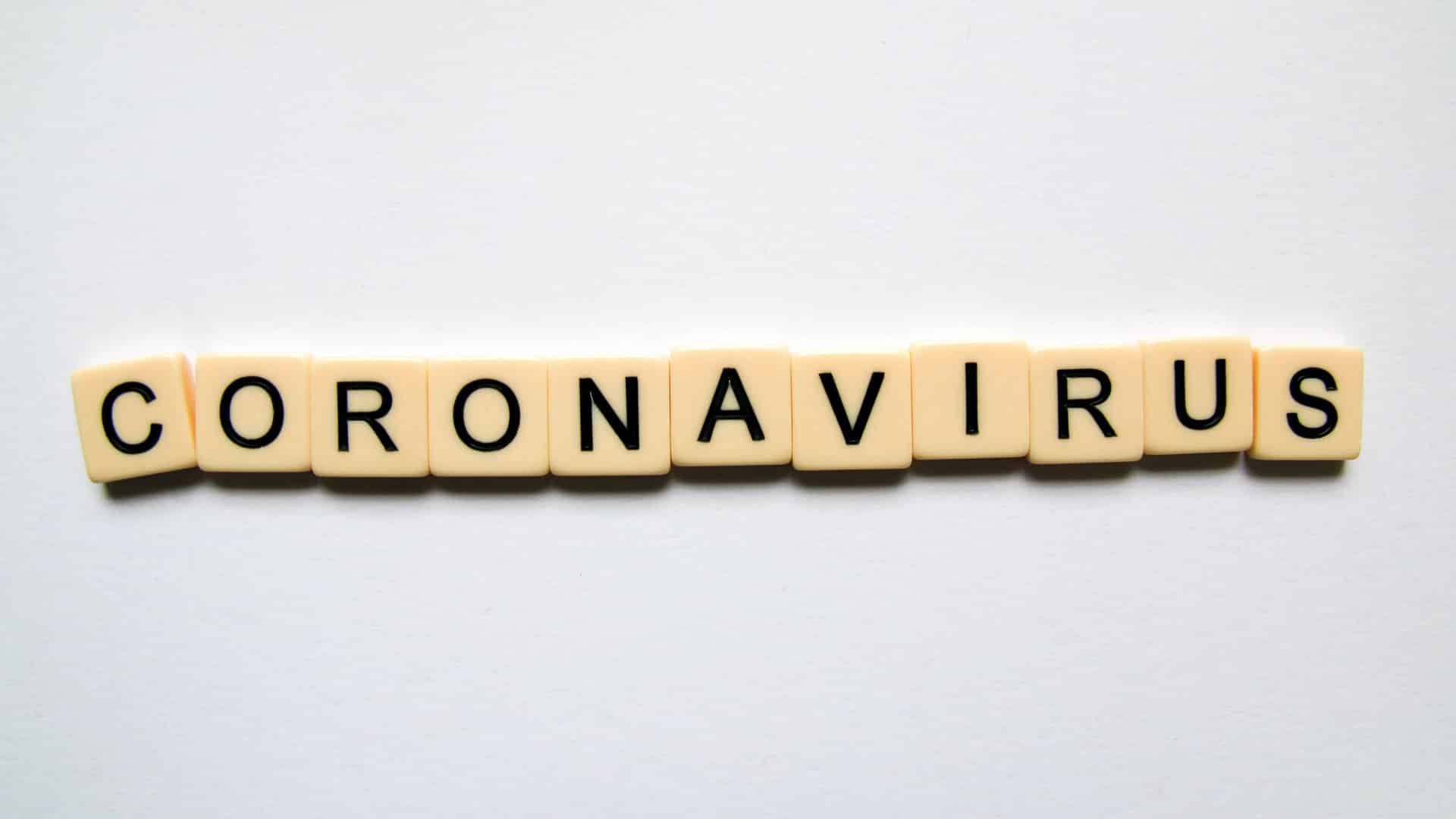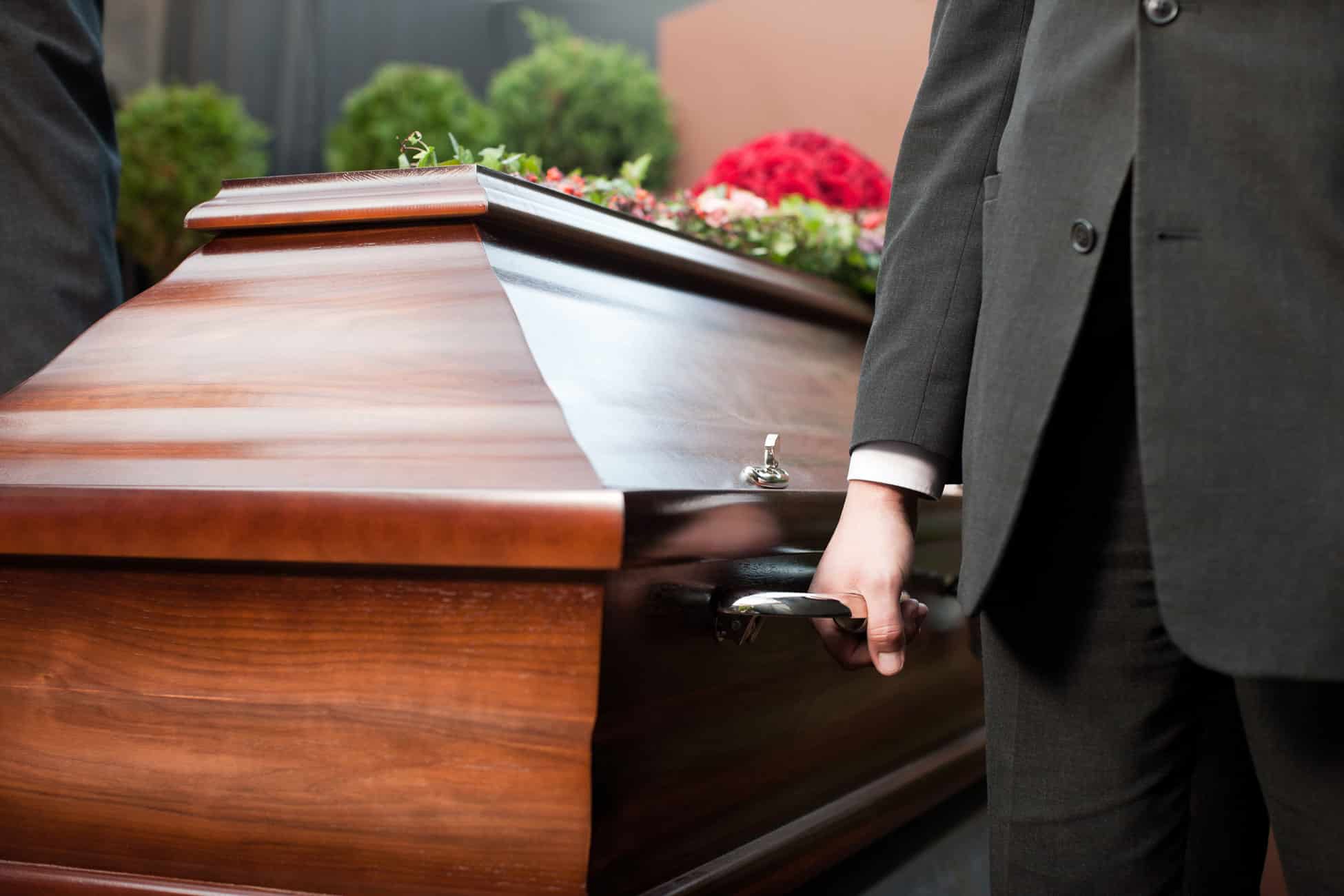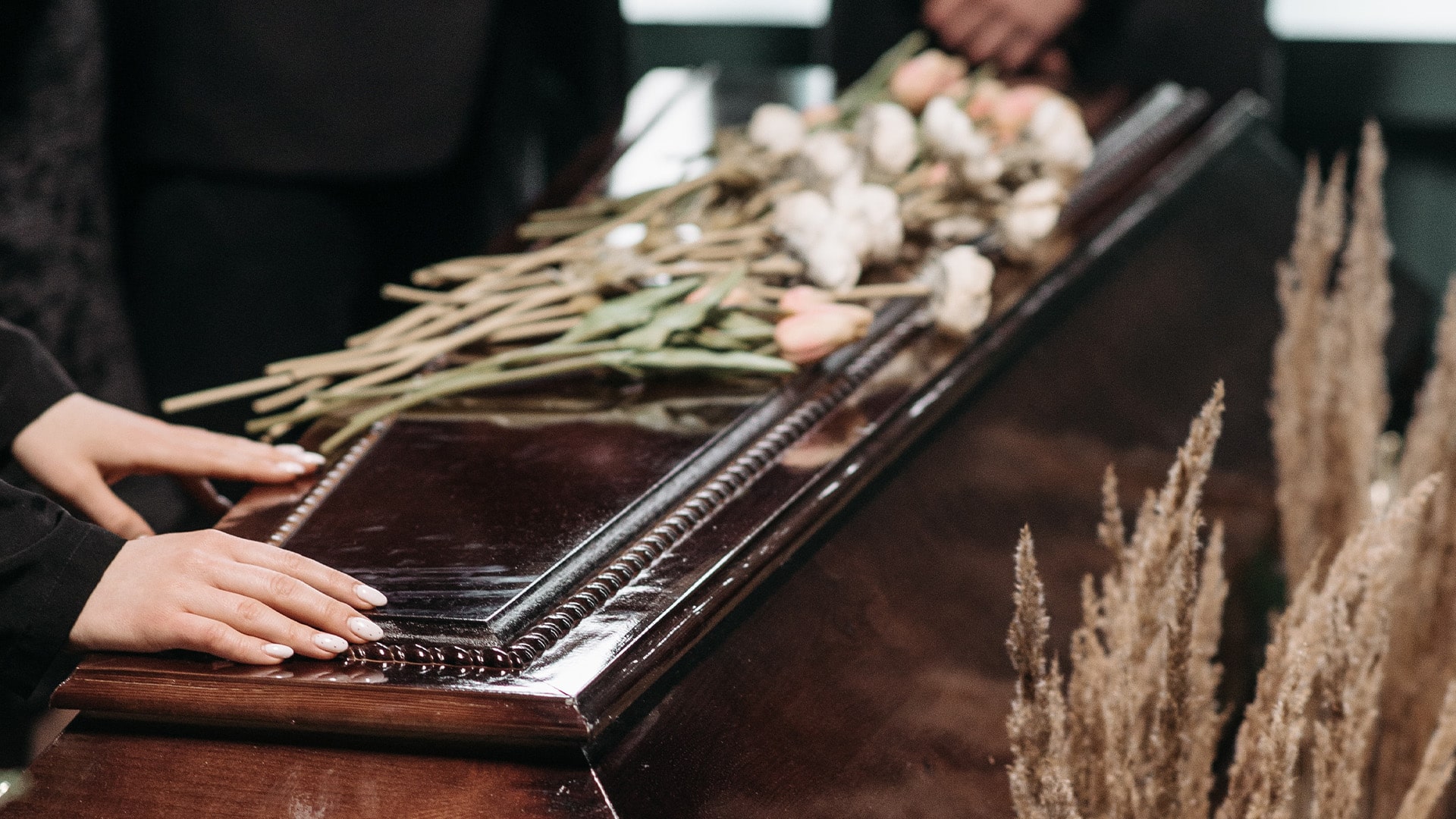
If you have recently lost a loved one, the idea of organising a funeral can seem overwhelming, and you may not know where to begin. In this blog we will explain some of the key things to consider when making funeral arrangements, including registering the death, choosing burial or cremation and the role of a funeral director.
Registering a death
Before a funeral can take place, the death will need to be registered with the Registrar of Births, Deaths and Marriages. Due to the Covid-19 pandemic, the process of registering a death has changed somewhat. Instead of you visiting the local register office in person, the GP or hospital will now email the medical certificate (issued when a person dies) over to the Registrar. Registration of the death will take place online and over the telephone, and your chosen Funeral Director will liaise direct with the Registrar or Coroner to secure all the relevant paperwork they need. The Death Certificate will be sent direct to the person registering the death.
It is important to note that registering a death takes place in the district in which the person died. If they passed away at home, this would be the district where they lived, however bear in mind that if the person died in hospital, at a hospice, or another location, you will need to register the death at the district where they died. Where a person has died overseas and needs repatriating, you will need to register the death in the country it occurred – our team of funeral arrangers will be able to offer advice and guidance on this.
Once the death has been registered, the funeral can take place. You can find out more about what to do when someone dies in our online guide.
Choosing a funeral director
One of the first decisions you will need to make when planning a funeral is who will oversee the funeral arrangements. Many people choose to work with a funeral director, however you can take on as much or as little of the arranging as you wish.
The role of a funeral director is to oversee and manage the arrangements surrounding a person’s death. The funeral director will take much of the stress and burden of planning a funeral out of your hands, allowing you to grieve for your loved one.
As well as managing the arrangements, a good funeral director will also provide you with support and guidance, and be available to answer any questions you may have surrounding the death of your loved one.
A general guide to the role of the funeral director, includes;
- Collecting the deceased and caring for them until the funeral service
- Managing paperwork and documentation for the funeral
- Arranging the funeral service, committal and post-funeral services
- Receiving funeral flowers and ensuring they are delivered to the service, burial site or crematorium
- Overseeing the funeral service on the day
- Leading the funeral procession
- Supplying pallbearers and a full complement of staff
- Managing donations on behalf of the family
• Organising transportation for the funeral
It’s important you feel comfortable with the funeral director you choose, so take your time when making this decision. Make sure you have a meeting or phone call with them prior to engaging their services, and use this opportunity to ask questions about the services they provide.
Here at Dillamore, our knowledgeable team go over and above to ensure your loved one and their funeral is handled sensitively, efficiently and with compassion for the person who has died. We want you to make the right decisions and will do our best to ensure your comfort as the arrangements are made. We are also fortunate to have our own Chapel of Rest on the Dillamore premises, providing you with the opportunity to visit your loved one while they are in our care.
You don’t need to wait until a death has been registered before engaging a funeral director – they can provide invaluable advice in the early few days following a death, guiding you through the first steps you need to take and answering any questions.
Once the medical certificate confirming the death has been issued by the hospital or GP, your funeral director will be able to make arrangements to take your loved one in to their care.
Choosing a burial or cremation
Choosing between burial and cremation is a very personal decision, and most people already have a preference towards one or the other. Where a person hasn’t made it clear what their wishes are, there are several factors to consider when making your decision.
First and foremost, you should consider the religious beliefs of your loved one. Different religions have different beliefs and requirements with regards to burial and cremation, so it’s important to follow the traditions of their faith.
You will also need to consider the type of funeral you are arranging. For example, if you are planning a green funeral at a natural burial site then you will need to opt for a burial.
Thinking about what you would like to happen to your loved one’s remains might also dictate your decision. For example, in a cremation you can choose to scatter a person’s ashes, bury their remains or keep them at home in an urn. For burials your loved one will remain in one permanent location, and will either have a headstone placed over their grave, or for green burials a tree may be planted.
Finally, you might need to consider the financial cost of burial and cremation. Burials typically cost more due to needing a gravesite and headstone for your loved one. Unless you decide to bury a loved one’s ashes, cremation usually works out as the more cost effective option. If scattering a loved one’s ashes, you should secure the landowner’s permission first, and this may incur an additional charge. Our team of funeral arrangers will be able to advise you on this.
Planning the service
Planning the service is one of the most time-consuming elements of making funeral arrangements. Your funeral director will take on as much or as little of the arrangements as you would like, and will be able to guide you through each step of the process to ensure you have everything covered.
Some of the key areas to consider when planning the service include;
- The type of funeral – taking in to consideration the religion, personality and wishes of the deceased
- Choosing a burial or cremation
- The date, time and location of the funeral service
- Selecting a coffin
- Arranging transportation for the funeral
- Choosing pallbearers (either friends, family or the funeral director’s team)
- Organising funeral flowers
- Choosing whether to accept floral tributes or donations from friends and family. Where you opt for donations, selecting a charity for them to be sent
- Deciding on songs, hymns, readings or poems for the service
- Designing and printing the Order of Service sheets
- Writing the eulogy/tribute (the remembrance speech delivered at the funeral)
- Planning the wake (an informal gathering held before or after a funeral service)
- Announcing the death and providing details of the funeral service to friends and family.
Some of the above may be affected by current Covid-19 guidelines. Our team of funeral arrangers will be able to advise you on the most up-to-date information regarding this.
There are many ways to create a funeral service that feels both personal and respectful, and honours the life of the person who has died. We talk about this further in a recent blog discussing ways to personalise a funeral.
Most funeral services take place within the first few weeks following a person’s death, but depending on the circumstances and location of the death, along with availability at your chosen venue, this may not always be possible. Speak to your funeral director if you are keen to hold the funeral service within a specific time frame.
Telling friends and family
When a person dies, it usually falls down to the next of kin to inform friends and family of the death. As well as calling, emailing and writing to people, taking out a newspaper announcement or setting up an online memorial page is a good way to reach people who may not have been in regular contact with the deceased.
The traditional way to announce a death is via a newspaper announcement, and this can be arranged by your funeral director. Although less popular these days, newspaper announcements are a good way to reach anyone who doesn’t regularly use a computer. Nowadays online memorial pages are the most popular way to announce a death, and create an opportunity to reach a wide range of people.
As part of the service we offer, Dillamore can set up an online memorial page on behalf of the deceased. This is a personal space which can include photos, provide details of the funeral and offer a safe and efficient way to donate to the chosen charities. There is also a space for friends and family to share memories and send messages of condolence. Links to each memorial page are included in the Notices & Donations section of our website, making it easy for people to locate and contribute to the page.
When providing any information online, be sure to avoid adding any personal information which could pose a security risk.
Managing funeral costs
Before making decisions about a funeral, it’s important to consider how the funeral will be paid for, and how much it will cost. Finding out if the deceased had set aside any money for the funeral is a good place to start – they may have taken out funeral insurance via a pre-paid funeral plan, or else have allocated money in their will to pay for the funeral.
If you or your family are paying, it is important not to arrange a funeral that you will struggle to afford. Take in to consideration the costs involved, and ask your funeral director to explain any additional charges that you may not be aware of. A good funeral director will provide clarity regarding funeral costs and help you make the right decision for your budget.
If you have recently lost someone and would like to enquire about funeral arrangements,
you can reach us on 01525 372210, use our contact form or book an appointment using our online scheduler.



